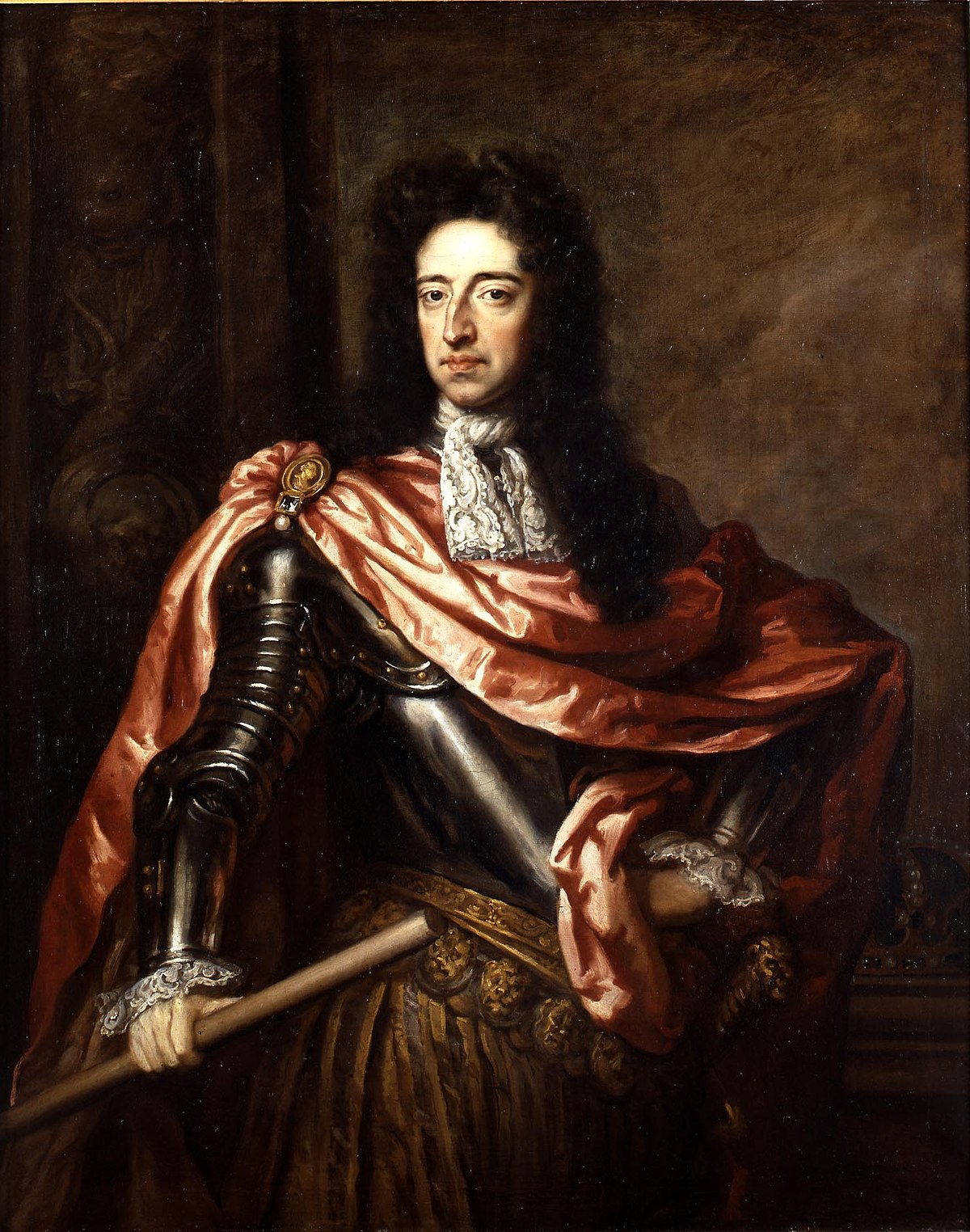In The Necessity of De-Anglicising Ireland, Duffy, Segerson, and Hyde argue that the “awful idea of complete Anglicisation” has been “making silent inroads upon us for nearly a century”. By the word “Anglicisation” the authors mean the adoption of “everything that is English, simply because it is English”. In this article it is stated that Anglicisation has been bad for the Irish people because it is erasing their historical culture and prevents them from truly embracing who they are as a nationality. The article claims that the Irish people “hasten to adopt” everything about English culture, such as dropping Irish last names in order to sound more British. It is implied that the Scottish people fully assimilated to British culture and had no problem, but it is different for the Irish because for them, underneath the facade of imitation is hatred. This can lead to identity and cultural crises, and unhappiness for the people pretending to be something that they truly are not. Because Ireland has not thrived under the Empire’s rule and the hatred for British culture, the article argues that the Irish need to reclaim its Celtic roots.

I was intrigued to write about this topic after reading Chapter 2 of Dublin: a Cultural History by Siobhan Kilfeather where she discusses how the Penal Laws went into effect after the Williamite victory of 1691. These Penal Laws discriminated against Irish Catholics and encouraged the removal of the religion from the country. All Catholic clergies were banished, Catholic children were not allowed to be sent abroad to become educated, and marriages between Protestants and Catholics was prohibited. William III, who won the Williamite war and became sovereign, was English and Protestant. The Penal Laws are evidence of Anglicisation dating back to the 17th century, and show that perhaps the reason why Anglicisation is so apparent in Ireland today is because it is a part of its history.

Hi Brenda!
I agree with your interpretation of Hyde’s work. In a way, this piece serves as a reminder of the discontent many Irish felt toward Britain’s occupation of Ireland. Hyde’s work encourages the Irish to embrace their culture and nation proudly. He reminds them about the beauty of Ireland and encourages them to write and speak in their native language and to embrace their stories and folklore. In my opinion, I think Hyde represents Ireland’s conscience at the time and through his work, he was able to unify the Irish people. From the oppressive penal laws we see a new sense of Irish nationalism emerge.